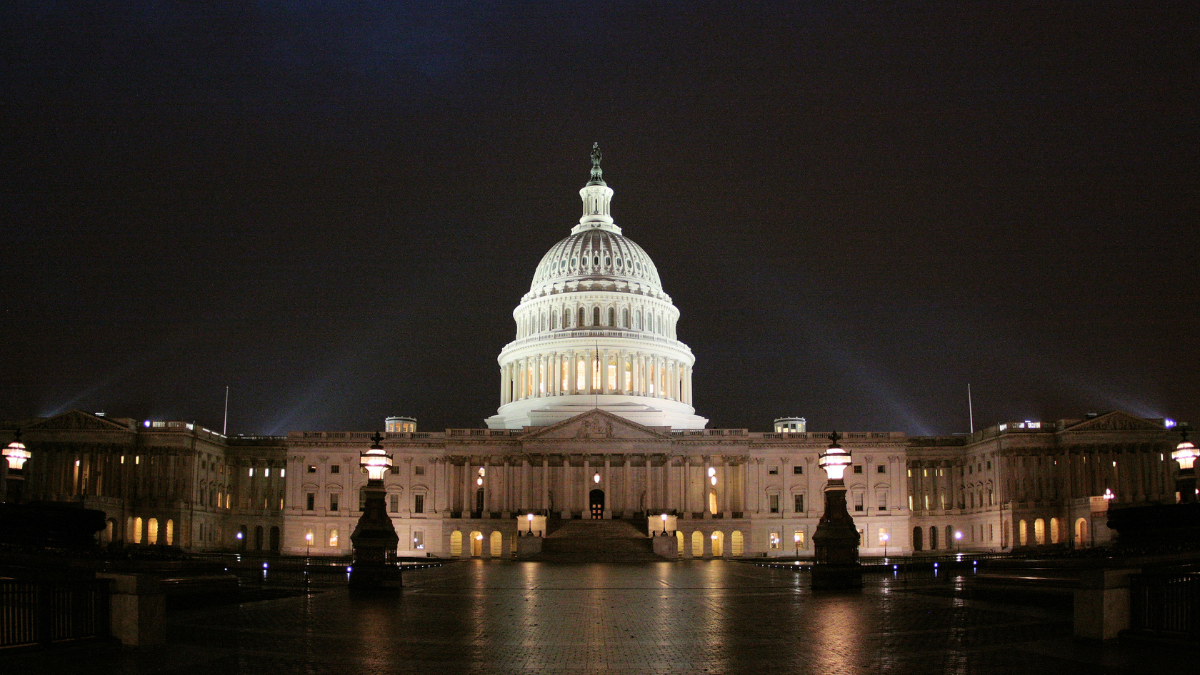Yellen warns of possible debt default in under three weeks.
Treasury Secretary Warns of Impending Debt Default
Treasury Secretary Janet Yellen has issued a warning to congressional leaders that the federal government could face a debt default in less than three weeks if an agreement on the debt ceiling is not quickly reached with President Joe Biden.
The Debt Ceiling Explained
The debt ceiling is a policy that prevents the federal government from spending beyond a predetermined national debt limit of $31.4 trillion, which was surpassed earlier this year. Yellen said in her letter to lawmakers that the Treasury Department expects to default on obligations as early as June 1 unless the debt limit is either suspended or increased.
The Consequences of Waiting
Yellen emphasized that waiting until the last minute to suspend or increase the debt limit can cause serious harm to business and consumer confidence, raise short-term borrowing costs for taxpayers, and negatively impact the credit rating of the United States. She added that the exact date of the debt default is “impossible to predict,” although the June 1 estimate is based on federal receipt, outlay, and debt data.
The Urgency of Action
If Congress fails to increase the debt limit, it would cause severe hardship to American families, harm our global leadership position, and raise questions about our ability to defend our national security interests. Yellen continued to urge Congress to protect the full faith and credit of the United States by acting as soon as possible.
Negotiations and Disagreements
House Speaker Kevin McCarthy (R-CA), House Minority Leader Hakeem Jeffries (D-NY), Senate Majority Leader Chuck Schumer (D-NY), and Senate Minority Leader Mitch McConnell (R-KY) have negotiated in recent days with officials from the Biden administration about possible mechanisms to amend the debt limit. Disagreements center on whether the move will occur with spending reforms and budget cuts.
The Risk of Default
A default would likely cause a recession as the federal government, a major borrower of funds that investors across the world broadly consider to be stable, neglects to repay obligations. The national debt, which now surpasses $31.7 trillion, is meanwhile a source of persistent financial risk and a damper on long-term economic growth.
The Path Forward
Biden is slated to meet with Democratic and Republican leaders for a second time on Tuesday. While the commander-in-chief expressed optimism about reaching an agreement, McCarthy told reporters that the two sides are still “far apart” and contended that the administration is “not talking anything serious.” Members of the House Freedom Caucus have proposed a framework for raising the debt ceiling in exchange for spending reforms and budget cuts.
- The framework returns expenditures to fiscal year 2022 levels
- Increases the debt limit only for the next year
- Caps annual spending growth at 1% over the next decade
The budget proposal unveiled by McCarthy mirrored the framework and successfully passed through the House last month alongside a one-year increase in the debt ceiling.
" Conservative News Daily does not always share or support the views and opinions expressed here; they are just those of the writer."





Now loading...